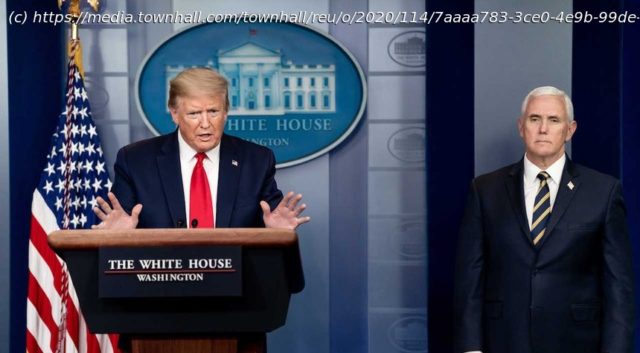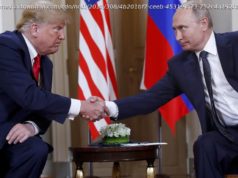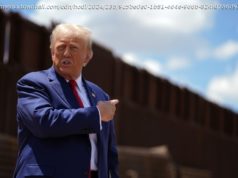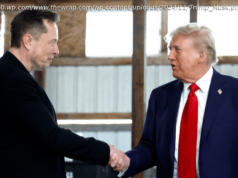Array
A grand jury has filed an indictment connected to the 2020 election. At the moment the indictment is sealed and no official statement has been made about who has been indicted or why but the is reporting the target is former president Trump.
Trump’s legal team was notified Tuesday that the former president had been indicted, according to a person familiar with the matter, who spoke on the condition of anonymity because the indictment had not yet been made public.
A spokesman for the former president, Steven Cheung, accused the current administration of trying to interfere with the 2024 election by targeting the current GOP frontrunner.
About 5 p.m., reporters observed a prosecutor with special counsel Jack Smith’s office and the foreperson of a grand jury that has been active for many months examining the events surrounding Jan. 6 deliver the indictment to a magistrate judge in federal court in Washington, D.C.
CNN is also now reporting (2 minutes ago as I write this) that Trump has been indicted:
The former president has been informed of his indictment, two sources tell CNN
This is the third time Trump has been criminally indicted.
And now it looks like this is no longer sealed because it’s out:
Trump J6 indictment https://t.co/WUSQCafBRj
Charlie Savage (@charlie_savage) August 1, 2023
Here’s a bit of what is says.
1. The Defendant, DONALD J. TRUMP, was the forty-fifth President of the United States and a candidate for re-election in 2020. The Defendant lost the 2020 presidential election.
2. Despite having lost, the Defendant was determined to remain in power. So for more than two months following election day on November 3, 2020, the Defendant spread lies that there had been outcome-determinative fraud in the election and that he had actually won. These claims were false, and the Defendant knew that they were false. But the Defendant repeated and widely disseminated them anyway-to make his knowingly false claims appear legitimate, create an intense national atmosphere of mistrust and anger, and erode public faith in the administration of the election.
3. The Defendant had a right, like every American, to speak publicly about the election and even to claim, falsely, that there had been outcome-determinative fraud during the election and that he had won. He was also entitled to formally challenge the results of the election through lawful and appropriate means, such as by seeking recounts or audits of the popular vote in states or filing lawsuits challenging ballots and procedures. Indeed, in many cases, the Defendant did pursue these methods of contesting the election results. His efforts to change the outcome in any state through recounts, audits, or legal challenges were uniformly unsuccessful.
4.






